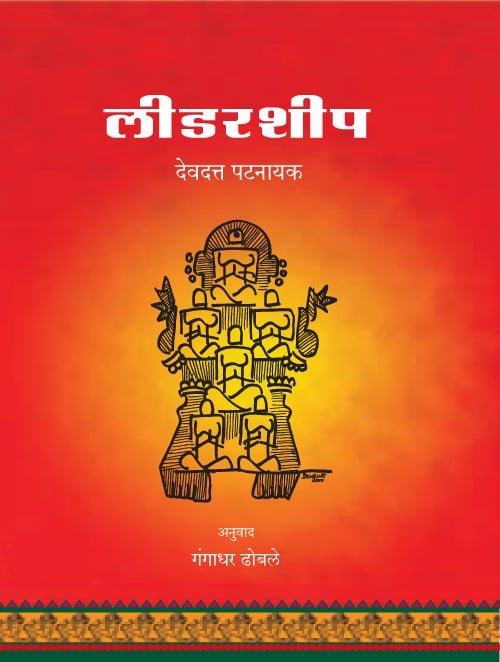The Indian approach to business and leadership is different from the ‘global’ model of business, which has its roots in the West. The Indian model is based on ideas found in Hindu, Buddhist and Jain mythology. The Indian approach follows economic, emotional and intellectual growth. It seeks growth not as regardless-of-people growth but because-of-people growth. However, it does not exclude the Western model which is based on goals and objectivity, and which restricts itself to economic growth only. It includes it, with the assertion that the purpose of an organization is to work towards happiness, while the Western model restricts itself to economic growth only.
To the Indian leadership, the organization is not a set of tasks or targets but a set of people. The point of the organization is to create an ecosystem where everyone grows. This is difficult if one seeks a single point of control; or if one simply decentralizes things. But this is possible if every unit behaves just like the whole, where every grama-devata and kula-devata functions just like the bhagavan, but in a restricted domain, knowing fully well that growth at another’s cost is cancer.
Devdutt Pattanaik applies mythology to modern business principles, pointing out that belief governs behaviour. Leadership gives us a refreshing perspective on business principles grounded in our rich cultural heritage.
The Indian approach to business and leadership is different from the ‘global’ model of business, which has its roots in the West. The Indian model is based on ideas found in Hindu, Buddhist and Jain mythology. The Indian approach follows economic, emotional and intellectual growth. It seeks growth not as regardless-of-people growth but because-of-people growth. However, it does not exclude the Western model which is based on goals and objectivity, and which restricts itself to economic growth only. It includes it, with the assertion that the purpose of an organization is to work towards happiness, while the Western model restricts itself to economic growth only.
To the Indian leader the organization is not a set of tasks or targets but a set of people. The point of the organization is to create an ecosystem where everyone grows. This is difficult if one seeks a single point of control; or if one simply decentralizes things. But this is possible if every unit behaves just like the whole, where every grama-devata and kula-devata functions just like the bhagavan, but in a restricted domain, knowing fully well that growth at another’s cost is cancer.







